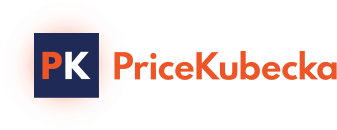The first time your 401(k) plan is audited can be difficult, confusing, and time-consuming. However, this quick guide should relieve some of the stress. You may feel like the 401(k) audit is being forced on you, and you’d be right. The Department of Labor (DOL) requires that a plan be audited when it has more than 100 eligible participants on the first day of the plan year.
So now that your plan needs an audit, allow me to help prepare you for what’s next.


Hire the right auditor
It is important to find a firm that has experience in auditing benefit plans because there are a lot of areas where 401(k) financial statements differ from the financial statements of a regular business, so you can’t assume every CPA is as qualified as the next. Look for firms that are members of the AICPA’s Employee Benefit Plan Audit Quality Center, which has educational and quality control requirements for firms to maintain membership (the Center actually kicked out 73 firms who weren’t keeping up in 2017).

Understand your 401(k) plan
This is important for any company who has a 401(k). A great way to start is to answer two simple questions:
- Who holds fiduciary responsibility of the plan and what does that mean?
- Is the plan in compliance with day-to-day operations?
- Plan eligibility rules vs actual enrollment and participation
- Definition of compensation vs actual payroll processes
- Timeliness of depositing participant deferrals into the plan

Document Gathering
This can make or break your audit experience. Among the first things your auditor will request are plan-related documents. Below are some of the documents that will be requested:
- Executed plan document, including executed adoption agreement
- Executed amendments to the plan document
- Current IRS determination or opinion letter for the executed plan document
- Trust and record keeping agreements with plan custodian and record keeper
- Copies of prior years’ Form 5500 filed with the DOL
- Copies of prior years’ audited financial statements—after the plan’s first audit, if applicable
- Copy of the plan’s fidelity bond insurance
- Any other agreements or significant correspondence related to the plan
The auditor will no doubt have more requests, but this should help start the document gathering process in preparation for the audit.
Now that you know a little about what is to come, you should be fairly ready for your 401(k) audit. PriceKubecka offers fast and affordable audits that make your life easier.
